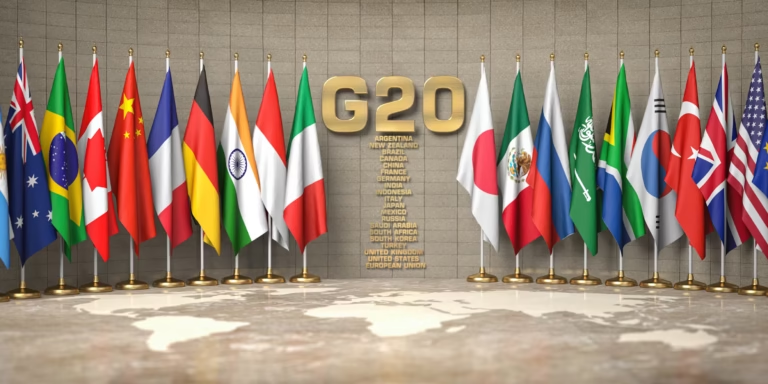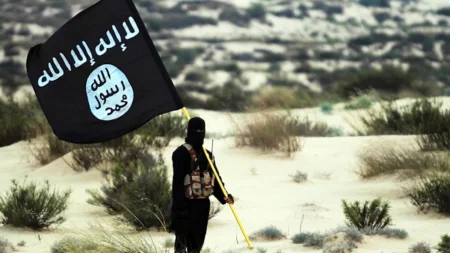South Africa will host the G20 summit on November 22-23, focusing on debt relief for developing countries and tackling global inequality. The United States is boycotting the event, as President Donald Trump declines participation amid growing tensions over South Africa’s agenda.
President Cyril Ramaphosa called the U.S. absence “their loss,” emphasizing the summit’s importance for global economic cooperation. The G20 includes 19 countries plus the European Union and African Union, representing roughly 85 percent of global GDP and two-thirds of the world’s population.
Trump’s boycott follows his earlier decisions to skip international meetings, including the COP30 climate summit in Brazil. The president has also withdrawn from the Paris Agreement and imposed unilateral tariffs on multiple trading partners. South Africa has been targeted with a 30 percent U.S. tariff. Trump has previously claimed, without evidence, that white Afrikaners in South Africa face systematic violence.
The summit’s theme, “Solidarity, Equality, Sustainability,” emphasizes supporting developing nations through debt relief and disaster financing measures. South Africa argues that high debt repayments limit investments in infrastructure, healthcare, and education. Between 2021 and 2023, African countries spent $70 per capita on debt interest—more than on health ($44) or education ($63), according to the United Nations.
Ramaphosa plans to push for an International Inequalities Panel, modeled after the IPCC for climate change, to address global wealth disparities. A report led by Nobel laureate economist Joseph Stiglitz describes wealth inequality as a crisis that threatens democracy and social cohesion.
“If adopted, it would mark a significant win not just for Pretoria’s presidency, but for the millions across the Global South whose voices are often sidelined in elite economic forums,” said Tendai Mbanje, researcher at the University of Pretoria’s Centre for Human Rights.
Consensus on key issues remains uncertain. Delegates noted that Argentina’s representatives have been obstructive, and President Javier Milei, a Trump ally, is also boycotting. China’s Premier Li Qiang is expected to champion multilateralism, reinforcing the importance of global cooperation. “Economic globalisation and multipolarity are irreversible,” Li said at an Asian regional summit in October.
Russia will be represented by economic advisor Maxim Oreshkin, with Foreign Minister Sergei Lavrov absent. The G20 summit in Johannesburg follows the COP30 climate negotiations in Belem, Brazil, which could influence discussions on debt and sustainability.
South Africa’s presidency marks the final G20 term hosted by a Global South country in this cycle, following Indonesia in 2022, India in 2023, and Brazil in 2024. The United States will assume the presidency next, hosting the December 2026 meeting in Miami, with plans to focus primarily on economic cooperation.







